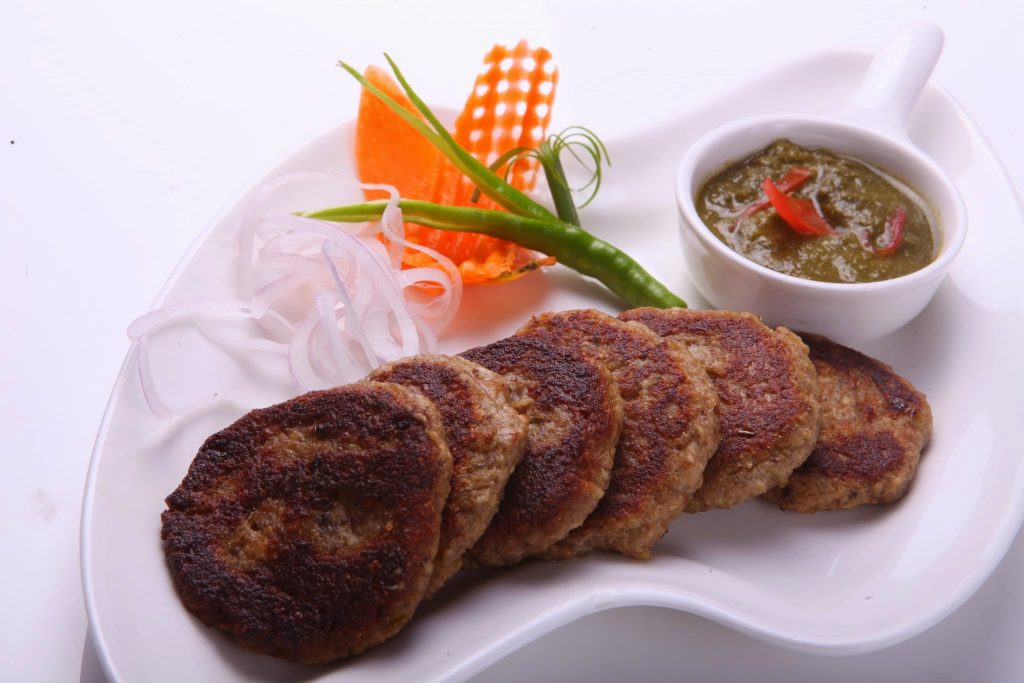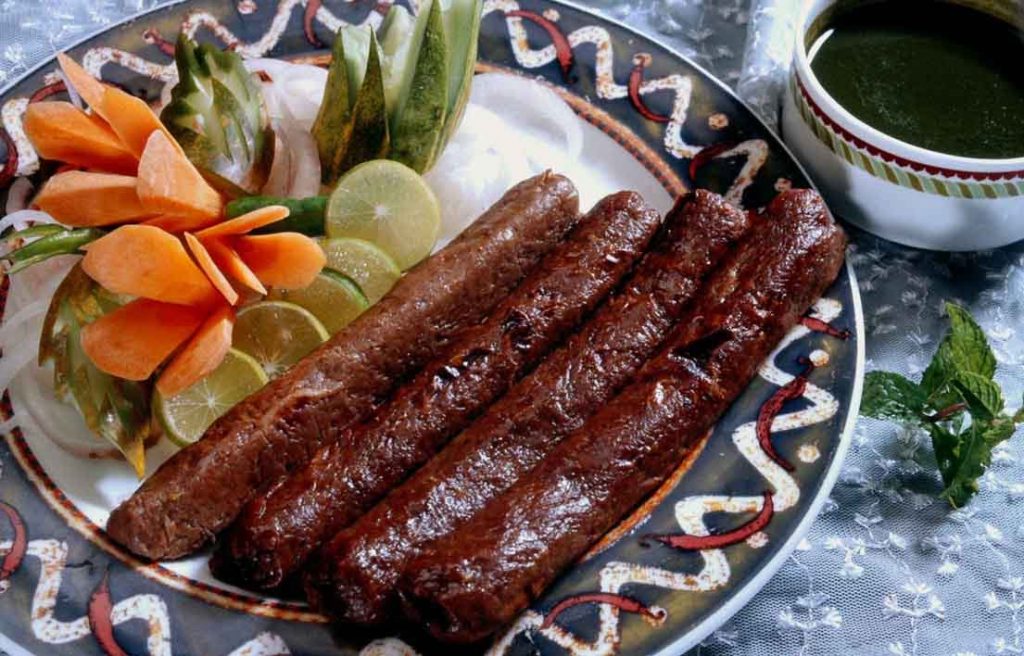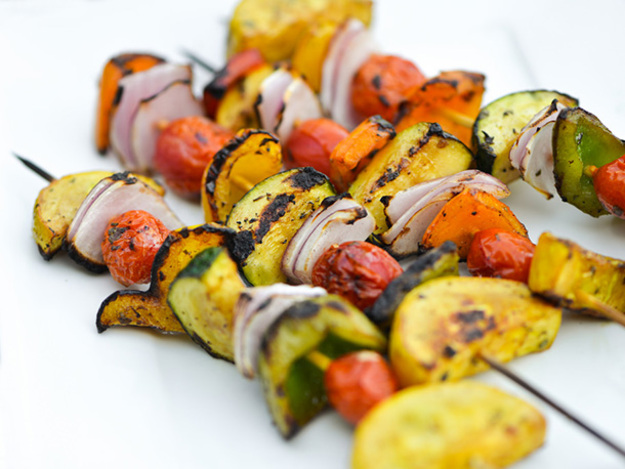The birth of famous kababs of India
Ever since mankind figured out that roasting meat on fire made it softer, juicier and tastier to eat, grilled meat has become a delicacy worldwide. This was the birth of the modern kabab.
The word ‘kabab’ originates from Persia and Turkey. While marinated and grilled meat dishes have been mentioned right from the traditional contexts of Mahabharata, the modern day kababs in India trace their origins to the royal Mughlai cuisine.
Indian kababs are of two varieties – whole meat and minced meat.
The whole meat kababs comprise of various types of tikkas, Boti kababs and Rajpootana Soolas which are scrumptious and provide a way to taste the actual whole meat. With the right spices and marinade they can be a real treat to eat.
But authentic Indian cuisine is truly reflected in the other type of kabab – the ones which are made from minced meat and then mixed with spices and other ingredients. A few of these special kebabs are mentioned below:
Galauti kabab
If you have ever been to Lucknow you would have heard of the famous “Tunda kababi” who makes world famous galauti kababs. ‘Tunda’ is a hindi word meaning a one armed man, so this shop is named after the man rather than the dish. This one armed man was the famous chef Haji Murad Ali, who broke his arm falling off a roof. He created the Galauti kabab for Asad ud Daulah, the Nawab of Awadh. The reign over Awadh had been taken over by the East India company by then, and so the nawab was left with only two passions – architecture and reinvention of the Awadhi cuisine. He created the great monuments of Lucknow like the Bada Imambada and the Roomi darwaza, and also encouraged his chefs to create innovative dishes. They created fanciful dishes like Parind Puri (a live bird inside a puri!), Moti pulao (pulao with pearls). But the nawabs real passion was to create the perfect kabab. He had specialised rakabdars to make a new kabab for him everyday with a variety of ingredients such as real pearls, sandalwood, juniper berries, rose buds etc. He had lost his teeth by then, and wanted a kabab that can be enjoyed without chewing. It was the chef Haji Murad Ali who cracked the formula and created the Galauti kabab which we have all been enjoying since then.

Kakori kabab
The other iconic kabab of India also has its origins in Lucknow during the times of the Awadh reign. Legend has it that a local aristocrat – Nawab Syed Mohammed Haider Kazmi – was once insulted by a British official who mocked the seekh kababs served to him at the Nawabs house, saying that they were tough and chewy. The nawab was so stung by this that he ordered his rakabdars, hakims and attars to create the perfect seekh kabab. It had to be soft, silky and smooth and a delight to the senses. Days of extensive research and experimentation led to the development of the ‘Kakori kabab’, the softest and finest version of seekh kababs. The secret was the use of malaibali mangoes to tenderise the meat. This new version of seekh kababs received great acclaim and became famous as the kababs from Kakori, or ‘kakori kababs’ and they introduced the art of using fruits like raw mango and papaya to tenderise meat.

Vegetarian kababs
These are unique to India, because of the high number of vegetarians in our country. Substituting for the meat in kebabs, potatoes, onions and jackfruit cook very well in tandoors or open fires and delicious vegetarian options were made out of these. The most iconic of vegetarian kababs was also invented in Awadh. This is the amazing Dahi ke kabab. This was also invented for the toothless nawab, who wanted a vegetarian options which he could eat without teeth, and so his chefs created a version using hung curd mixed with onions and rare spices.

If you are a foodie, check out the must-try dishes you must have at Sterling Resorts for a variety of vegetarian and non-vegetarian delicacies. We food-lovers owe a real debt of gratitude to the dedication of the food loving nawabs of Awadh and surrounding provinces. The nawabs are gone and so are the British, but the kababs live on!

